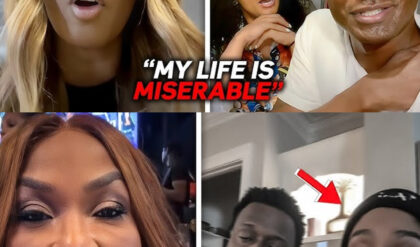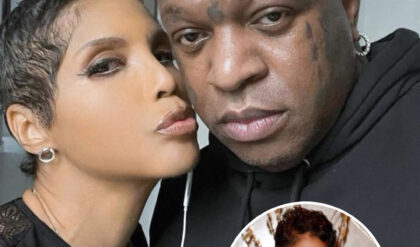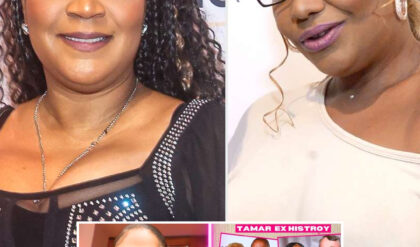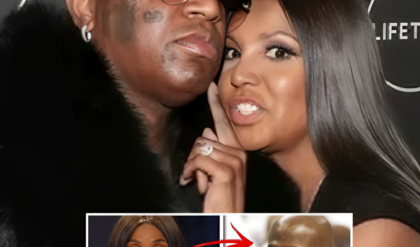Samuel L. Jackson and Other Celebrities Expose Hollywood’s Dark Side
Hollywood is often seen as the land of dreams and limitless opportunities, but for some, it has been a battleground of challenges, discrimination, and systemic issues.
Samuel L. Jackson, one of the industry’s most successful actors with over 152 films grossing $27 billion in box office revenue, recently opened up about the harsh realities he faced on his journey to stardom.

Racism in the Industry
In a candid interview, Jackson recalled instances of racial discrimination throughout his career. One striking example occurred in 1993 while he was on a break from filming Pulp Fiction.
After leaving a restaurant in Santa Monica, he was accosted by police who wrongly suspected him and his companions of carrying weapons. Despite no evidence of criminal activity, they were ordered to lie face down on the pavement at gunpoint. This incident reminded Jackson that, despite his burgeoning success, racism remained a pervasive problem in Hollywood and beyond.

Growing up during an era of overt racial segregation, Jackson was no stranger to discrimination. He expressed how these experiences shaped his perspective and taught him to navigate the challenges of working in an industry where race could impact opportunities and treatment.
Ice Cube and Hollywood’s “Gatekeepers”
Jackson is not alone in exposing Hollywood’s dark side. Ice Cube, a renowned rapper and actor, recently revealed his struggles with what he described as the “elite gatekeepers” of the entertainment industry.
According to Ice Cube, these individuals or groups wield immense power and control, often punishing those who refuse to conform to their rules. In a viral video, he urged others to recognize these challenges and emphasized the importance of self-reliance and independence in achieving success without relying on Hollywood’s elite.
Monique’s Fight for Equal Pay
Comedian and actress Monique also shared her experiences of discrimination in the industry, particularly related to gender and race. In 2018, Netflix offered her $500,000 for a comedy special—significantly less than offers extended to other comedians such as Amy Schumer, Dave Chappelle, and Chris Rock.

Monique sued the streaming giant for racial and gender bias, highlighting the glaring disparities in how talent is valued based on race and gender. Despite her Oscar-winning credentials, Netflix refused to negotiate a fairer deal, sparking widespread debate about equity in Hollywood.
Strikes and the Fight for Fair Treatment
The challenges faced by individual actors and performers are part of a broader struggle for fairness in the industry. Both the Writers Guild of America (WGA) and the Screen Actors Guild-American Federation of Television and Radio Artists (SAG-AFTRA) recently went on strike to demand better pay and working conditions.
These unions, representing thousands of writers and actors, argue that media companies prioritize profits over the well-being of creative professionals. Despite the billions generated by studios, executives often refuse to address the concerns of those who bring stories to life on screen.
A Call for Change
Samuel L. Jackson, Ice Cube, Monique, and many others are shedding light on the systemic inequalities in Hollywood. Their stories reveal an industry in desperate need of reform, where success is often overshadowed by discrimination and gatekeeping. As the fight for justice continues, these voices are paving the way for a more equitable entertainment industry.





